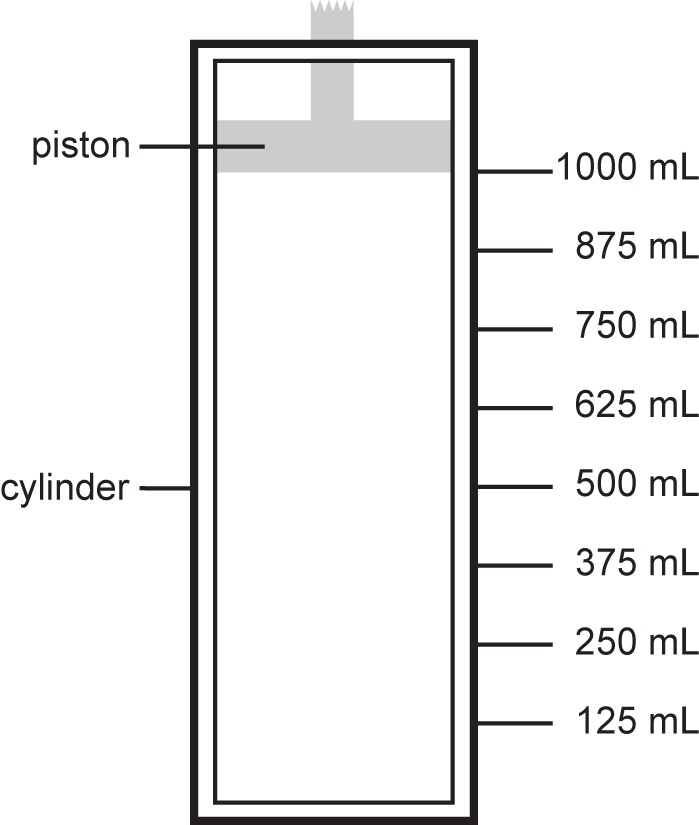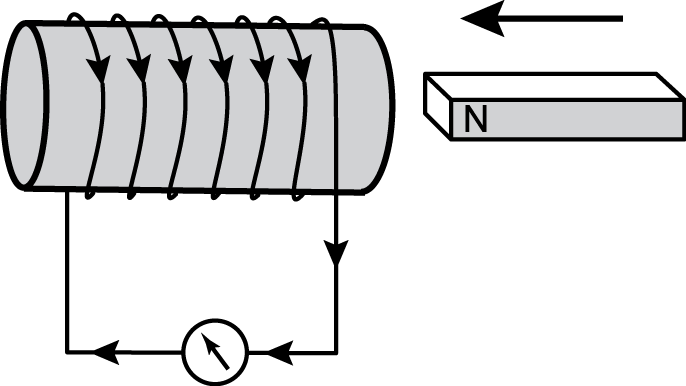Test Information Guide
Field 64: General Science
Sample Multiple-Choice Questions
The following material will be available to you during the test.
Periodic Table ![]()
Subarea 1–Technology / Engineering
Objective 0001
Apply knowledge of engineering design.
1. A small software engineering firm is working on a new graphical user interface. The firm has come up with three different prototypes. Which of the following approaches would be the best next step in the design process?
- assembling a representative focus group and analyzing feedback
- developing all three prototypes and using the one that is ready first
- distributing prototypes to members of the firm and seeking feedback
- analyzing the production costs and selecting the least expensive option
- Answer
- Correct Response: A.
Objective 0003
Demonstrate knowledge of technological systems.
2. In the internal combustion engine, a mixture of gasoline vapor and air in a cylinder is ignited by a spark. One chemical reaction for this process is given below.
2 c sub 8 H sub 18 plus 25 O sub 2 yields 16 C O sub 2 plus 18 H sub 2 O plus 10,108 kilojoules of heat
Which of the following scientific principles most accurately explains the role of this reaction in the production of energy in an internal combustion engine?
- An increase in the number of moles generates additional kinetic energy.
- Heat from the reaction causes the gases to expand and do work.
- Molecules of carbon dioxide contain more energy than hydrocarbon molecules.
- Energy is released as water vapor changes to the liquid phase.
- Answer
- Correct Response: B.
Subarea 2–Earth and Space Science
Objective 0005
Apply knowledge of Earth's geosphere, geologic history, and processes.
3. While traveling a Massachusetts highway, a geologist observed an abundance of metamorphic rock. Which of the following conclusions can be made based on this observation?
- There was a continental collision.
- There was a divergent plate boundary.
- There was a shallow ocean covering the region.
- There was a glaciation event that covered the area.
- Answer
- Correct Response: A.
Objective 0006
Demonstrate knowledge of Earth's hydrosphere, atmosphere, weather, and climate.
4. A scientist takes water samples from several sources that are at the same temperature. Which of the following sources is most likely to contain the highest concentration of dissolved oxygen?
- mountain stream
- urban reservoir
- kettle pond
- vernal pool
- Answer
- Correct Response: A.
Objective 0007
Demonstrate knowledge of natural resources, natural hazards, and human impacts on the environment.
5. The eruption of Mount Pinatubo released large amounts of sulfur dioxide and other gases. Sulfur dioxide reacted with water vapor in the atmosphere to form tiny droplets of sulfuric acid that, along with other particles ejected in the eruption, formed atmospheric aerosols. These atmospheric aerosols caused global cooling for several years after the eruption by:
- producing large quantities of acid rain that effectively cooled Earth's surface.
- reflecting some of the solar radiation passing through the atmosphere back into space.
- generating upper-level winds in the atmosphere by causing uneven heating of air molecules.
- absorbing infrared radiation from the Sun in order to provide energy for chemical reactions.
- Answer
- Correct Response: B.
Subarea 3–Life Science
Objective 0008
Demonstrate knowledge of the characteristics and processes of living organisms.
6. A student's breakfast consists of bacon, eggs, toast, and orange juice. During digestion, the proteins of the bacon and eggs will break down into which of the following molecular building blocks?
- simple sugars
- nucleotides
- amino acids
- lipids
- Answer
- Correct Response: C.
Objective 0009
Apply knowledge of the characteristics of populations, communities, ecosystems, and biomes.
7. Which of the following abiotic factors is the primary limiting factor for reptiles living in a tundra ecosystem?
- quantity of large predators
- temperature
- quantity of small prey
- humidity
- Answer
- Correct Response: B.
Subarea 4–Physical Science
Objective 0012
Apply knowledge of the structure and properties of matter.
8. Which of the following statements most accurately describes a trend that occurs as the atomic number increases when going from left to right across a period of the periodic table?
- The extra nuclear particle preserves the electron arrangement, maintaining the same chemical properties.
- The additional proton creates another electron shell, decreasing the electronegativity.
- The additional atomic mass weakens the attraction to the outermost electrons, decreasing the ionization energy.
- The increase in nuclear charge pulls electrons closer to the nucleus, reducing the atomic radius.
- Answer
- Correct Response: D.
Objective 0013
Apply knowledge of the states of matter, particle motion, and heat.
9. Use the diagram below to answer the question that follows.

A piston in a cylinder is shown. The amount of the gas inside the cylinder is 1,000 milliliters.
The diagram shows a cylinder equipped with a piston and containing an ideal gas. The pressure of the gas in the cylinder is 2 atmospheres when the piston is in the position shown. What is the pressure of the gas when the piston is moved to a volume of 250 milliliters at constant temperature? (Note: P sub 1 times V sub 1 equals P sub 2 times V sub 2)
- 1 atmosphere
- 4 atmospheres
- 8 atmospheres
- 16 atmospheres
- Answer
- Correct Response: C.
Objective 0016
Apply knowledge of the characteristics and properties of waves, electricity, magnetism, and electromagnetism.
10. Use the diagram below to answer the question that follows.

A coil of wire is shown with the current in the wire running clockwise. The wire is attached to an ammeter. A bar magnet with the north pole is shown to be going inside the middle of the coil or wire.
Students are investigating the effects of passing a bar magnet through a coil of wire attached to an ammeter, as shown in the diagram. This activity is most appropriate for introducing students to which of the following applications of electromagnetism?
- how to build an electromagnet
- how electric motors operate
- how to build an electric circuit
- how electricity is generated
- Answer
- Correct Response: D.
